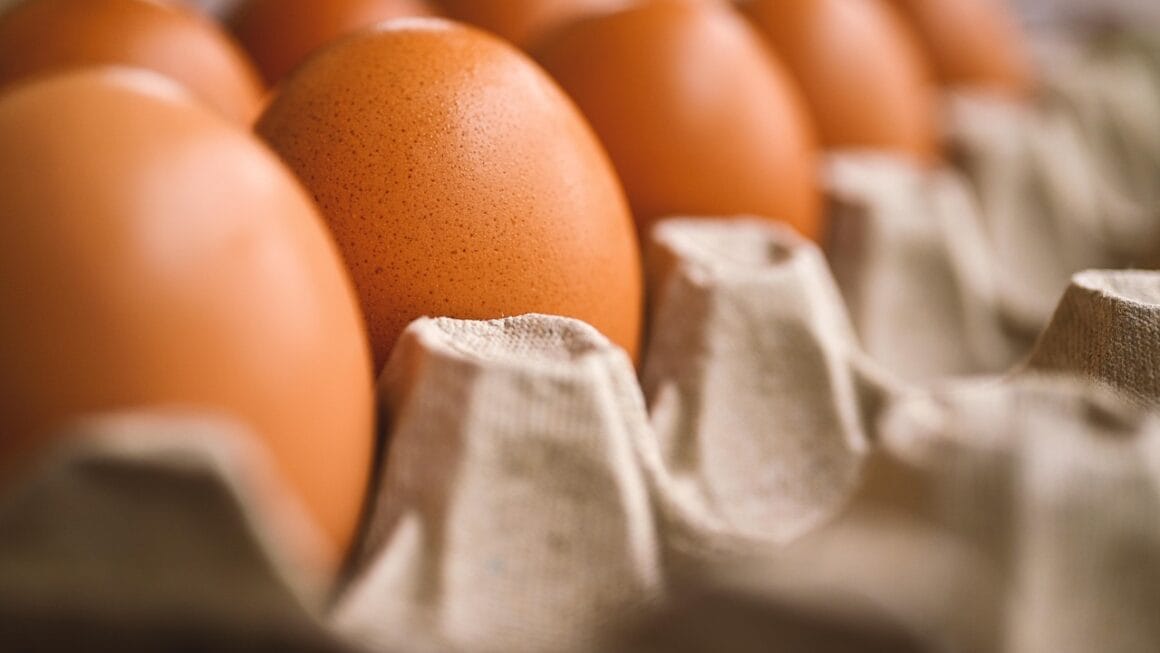Food festivals are more than just a chance to sample delicious treats; they’re vibrant celebrations of culture, community, and culinary artistry. From local gatherings showcasing regional specialties to massive international events drawing food enthusiasts from around the globe, these festivals offer an immersive experience for the senses. Whether you’re a seasoned foodie or simply enjoy exploring new flavors, understanding the world of food festivals can enhance your culinary adventures and provide unforgettable memories.
The Allure of Food Festivals
Cultural Immersion
- Food festivals provide a unique opportunity to immerse yourself in a region’s culture through its cuisine.
- They showcase traditional dishes, cooking methods, and local ingredients.
- Example: Attending a “Taste of Italy” festival allows you to experience Italian culture through regional specialties like pasta from Bologna, pizza from Naples, and wine from Tuscany.
Community Building
- Food festivals foster a sense of community by bringing people together to celebrate food.
- Local chefs, farmers, and artisans have the chance to showcase their talents and products.
- Attendees can connect with others who share a passion for food and culinary experiences.
- Many festivals donate proceeds to local charities, further strengthening community bonds.
Sensory Experiences
- The vibrant atmosphere, enticing aromas, and delicious flavors create a sensory overload that is truly captivating.
- Live cooking demonstrations, music performances, and interactive exhibits enhance the overall experience.
- The visually appealing presentation of food, from elaborate displays to artful plating, adds to the sensory delight.
Types of Food Festivals
Regional Food Festivals
- Focus on showcasing the culinary specialties of a specific region or geographic area.
- Often feature locally sourced ingredients and traditional recipes.
- Example: The Maine Lobster Festival celebrates the state’s famous seafood with lobster dinners, cooking contests, and parades.
- These festivals are great for discovering hidden culinary gems and supporting local businesses.
Specialty Food Festivals
- Dedicate to a specific type of food or beverage, such as chocolate, wine, cheese, or beer.
- Offer tastings, workshops, and educational sessions related to the featured food item.
- Example: The Oregon Truffle Festival celebrates the prized delicacy with truffle hunts, cooking classes, and gourmet dinners.
- Ideal for enthusiasts who want to deepen their knowledge and appreciation of a particular food.
International Food Festivals
- Represent diverse cuisines from around the world, allowing attendees to sample a wide range of flavors.
- Often feature cultural performances, traditional music, and artisan crafts.
- Example: The Toronto Taste of Asia festival showcases the vibrant culinary traditions of Asia with hundreds of food stalls and cultural performances.
- These festivals provide a convenient and immersive way to explore global cuisines without leaving your home country.
Maximizing Your Food Festival Experience
Planning Ahead
- Research the festival beforehand to identify vendors, events, and activities that interest you.
- Purchase tickets in advance, especially for popular festivals, to avoid long lines or sell-outs.
- Check the weather forecast and dress accordingly, as many food festivals are held outdoors.
- Consider bringing cash, as some vendors may not accept credit cards.
Sampling Strategies
- Arrive early to avoid crowds and have more time to explore the festival grounds.
- Prioritize tasting items that are unique, regional, or highly recommended.
- Pace yourself and avoid overeating, as there will be many tempting options.
- Share dishes with friends to sample a wider variety of flavors.
- Stay hydrated by drinking plenty of water throughout the day.
Interacting with Vendors
- Engage with the chefs, farmers, and artisans to learn about their products and culinary techniques.
- Ask questions about the ingredients, preparation methods, and cultural significance of the dishes.
- Support local businesses by purchasing products from vendors you admire.
- Be respectful of the vendors’ time and efforts, especially during peak hours.
The Economic and Social Impact of Food Festivals
Economic Benefits
- Food festivals generate significant revenue for local economies by attracting tourists, boosting sales for vendors, and creating jobs.
- They can also promote local agriculture and food production, supporting sustainable farming practices.
- According to studies, large food festivals can contribute millions of dollars to the local economy.
Social Benefits
- Food festivals enhance community pride and cultural identity by celebrating local traditions and culinary heritage.
- They provide opportunities for cross-cultural exchange and understanding through food.
- Festivals can also raise awareness about important social issues, such as food insecurity and sustainable food systems.
Environmental Considerations
- Many food festivals are adopting sustainable practices to minimize their environmental impact, such as:
Using biodegradable packaging and utensils
Reducing food waste through composting and donations
* Promoting locally sourced ingredients to reduce transportation emissions
- Attendees can also contribute by bringing their own reusable containers and cutlery.
Conclusion
Food festivals are more than just culinary events; they are vibrant celebrations of culture, community, and the joy of eating. By understanding the different types of festivals, planning your visit effectively, and engaging with vendors and fellow food enthusiasts, you can maximize your experience and create lasting memories. Whether you’re a local resident or a visiting tourist, attending a food festival is a delicious way to explore the world, one bite at a time.




